Illinois Senate Democrats celebrate new quantum hub on Chicago’s South Side
- Details

CHICAGO – Illinois Senate Democrats joined Governor JB Pritzker and leading quantum institutions today to celebrate the groundbreaking of PsiQuantum’s facility at Illinois Quantum and Microelectronics Park at Quantum Shore on Chicago’s South Side – marking the start of building state-of-the-art facilities that will make the Park fully operational and Illinois a leader in the global race for quantum technology.
“With this partnership, Illinois is at the forefront of a technological innovation that has the potential to change our lives for the better,” said Senate President Don Harmon (D-Oak Park). “I want to commend Governor Pritzker and his team for positioning our state to be a leader in quantum technology. This Quantum Park will create jobs, boost our economy and send a message to the world that Illinois is a great place to do business, now and in the future.”
The IQMP is a first-of-its-kind park designed to support the growth of quantum technology and advanced microelectronics research. It aims to bring together companies, researchers, suppliers and other partners to progress the development of quantum both in Illinois and globally. These technologies have the potential to tackle some of the world’s biggest challenges, such as improving health care, energy, the climate crises, transportation, finance and agriculture.
Read more: Illinois Senate Democrats celebrate new quantum hub on Chicago’s South Side
Edly-Allen highlights success of SmartBuy Program, reducing student debt and increasing housing accessibility
- Details
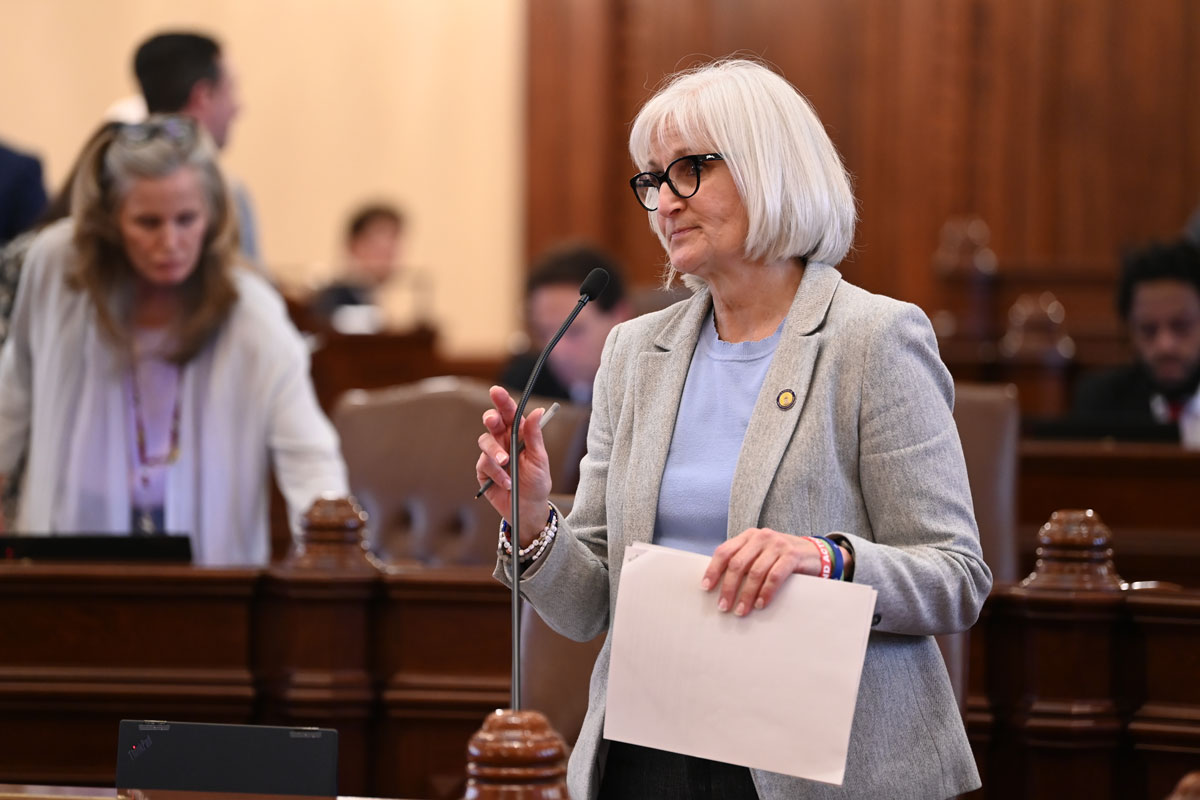 GRAYSLAKE – With almost one-fifth of individuals with student loan debt being denied a mortgage due to their debt-to-income ratio, State Senator Mary Edly-Allen highlighted the importance of Illinois’ SmartBuy program in increasing housing accessibility and affordability.
GRAYSLAKE – With almost one-fifth of individuals with student loan debt being denied a mortgage due to their debt-to-income ratio, State Senator Mary Edly-Allen highlighted the importance of Illinois’ SmartBuy program in increasing housing accessibility and affordability.
SmartBuy is a first-of-its-kind initiative that, through its recent round of funding, helped 533 Illinoisans eliminate $16 million in student loan debt while also achieving the dream of homeownership in only 12 weeks. Through SmartBuy, homeowners were able to purchase a home eight years earlier than traditional IHDA borrowers.
“As chair of the Senate Higher Education Committee and an educator, I’ve seen how easing student loan debt is more than financial relief — it’s the key to unlocking homeownership for a generation burdened by higher education costs,” said Edly-Allen (D- Grayslake). “The SmartBuy program will help first-time buyers achieve their homeownership dream sooner while also building a better economy for generations to come.”
Illinois Legislative Latino Caucus statement on Armed Federal Agents in Downtown Chicago
- Details
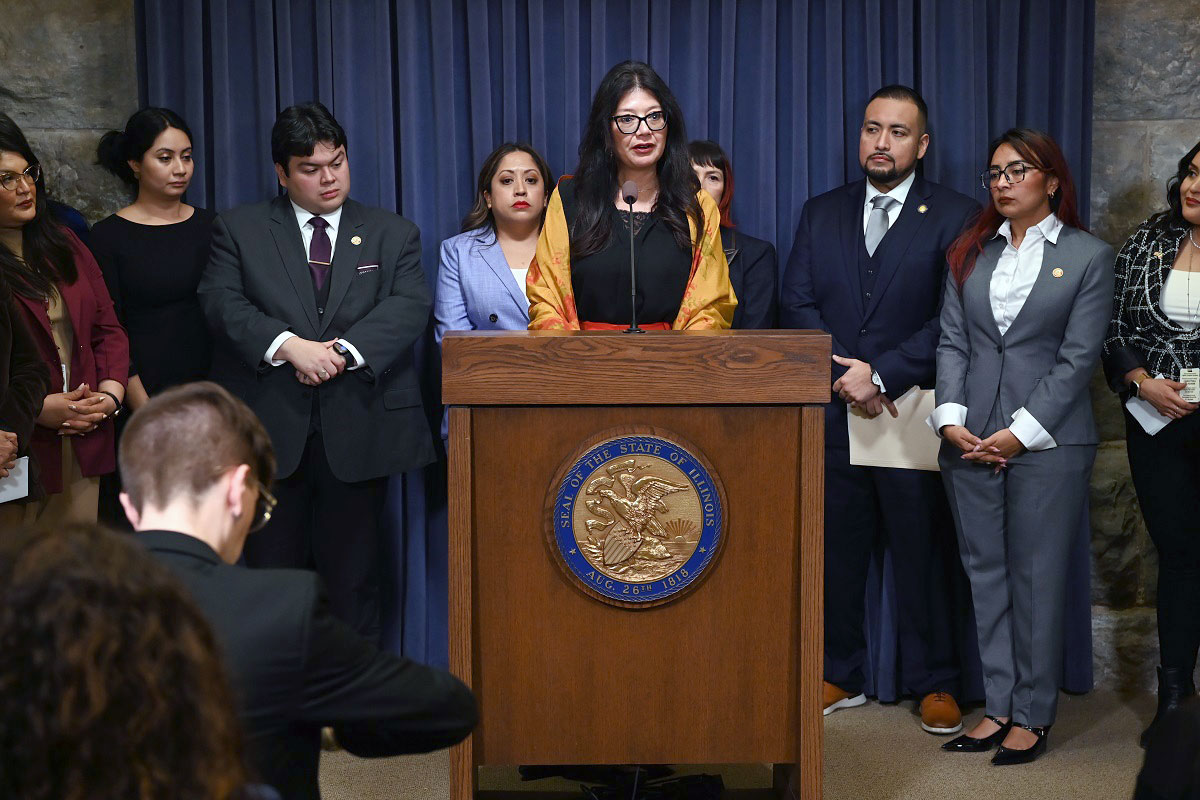 CHICAGO — In response to the presence of armed federal agents in downtown Chicago over the weekend, the Illinois Legislative Latino Caucus has issued the following statement:
CHICAGO — In response to the presence of armed federal agents in downtown Chicago over the weekend, the Illinois Legislative Latino Caucus has issued the following statement:
"We condemn the presence of armed Border Patrol agents patrolling the streets of downtown Chicago. What should have been a peaceful early fall Sunday, enjoyed by families, was marred by the sight of masked, heavily armed federal agents moving through our city as if it were a war zone.
“As if their mere presence wasn’t enough, these agents went further by detaining families, creating an atmosphere of fear and intimidation. This is not about enforcing the law; it is about wielding power to intimidate, instill fear, and target individuals based on their appearance and language.
Read more: Illinois Legislative Latino Caucus statement on Armed Federal Agents in Downtown Chicago
Hastings files legislation to combat ‘cost shifting’ practices in insurance rate setting
- Details
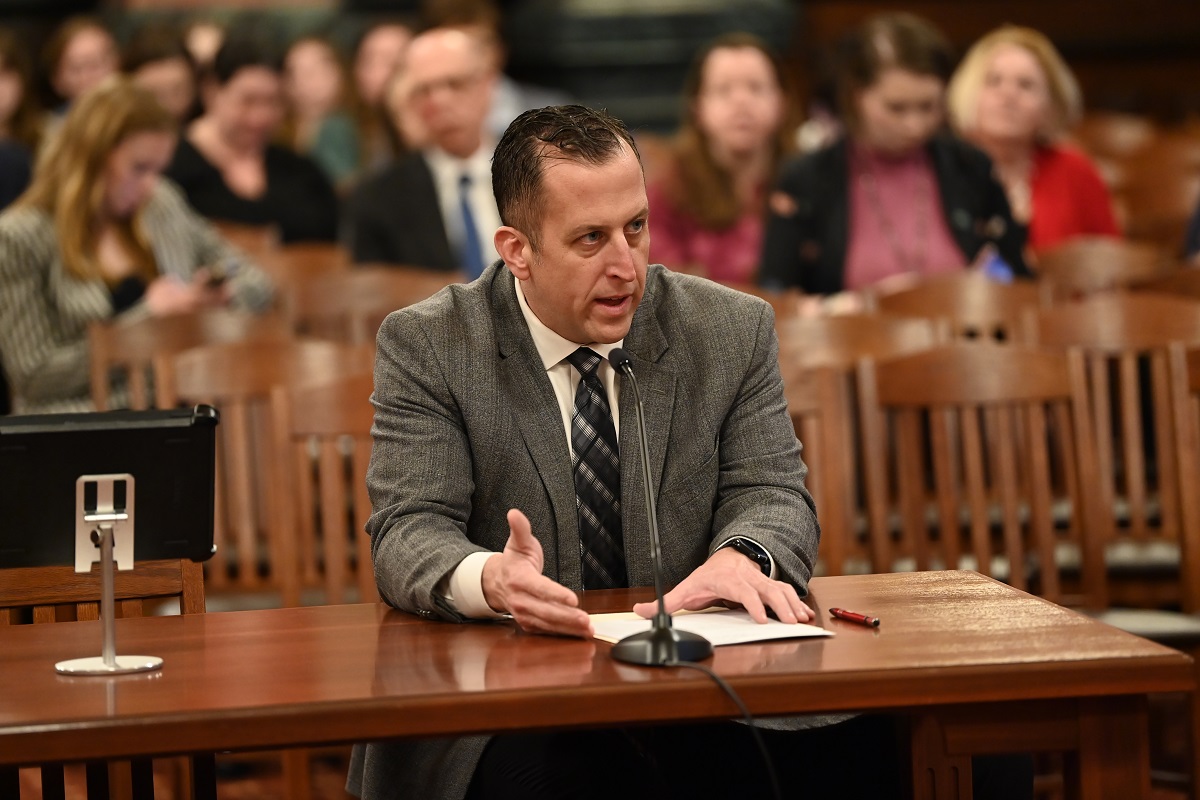
SPRINGFIELD — In the wake of insurance rate hikes throughout Illinois, State Senator Michael E. Hastings has filed legislation aiming to prohibit insurance companies from engaging in “cost shifting” and to strengthen protections for Illinois consumers against unfair insurance rates.
“Cost shifting is fundamentally unfair,” said Hastings (D-Frankfort). “Illinois families should not be footing the bill for losses in other states. This bill makes sure premiums reflect the real risks here in Illinois, not the costs of events thousands of miles away.”
Cost shifting is the practice of passing the costs of out-of-state catastrophes, such as hurricanes, wildfires or floods, onto Illinois policyholders. Hastings’ measure is designed to address this practice by ensuring residents are not forced to subsidize disasters outside the state’s borders.
Read more: Hastings files legislation to combat ‘cost shifting’ practices in insurance rate setting
More Articles …
Page 1 of 724

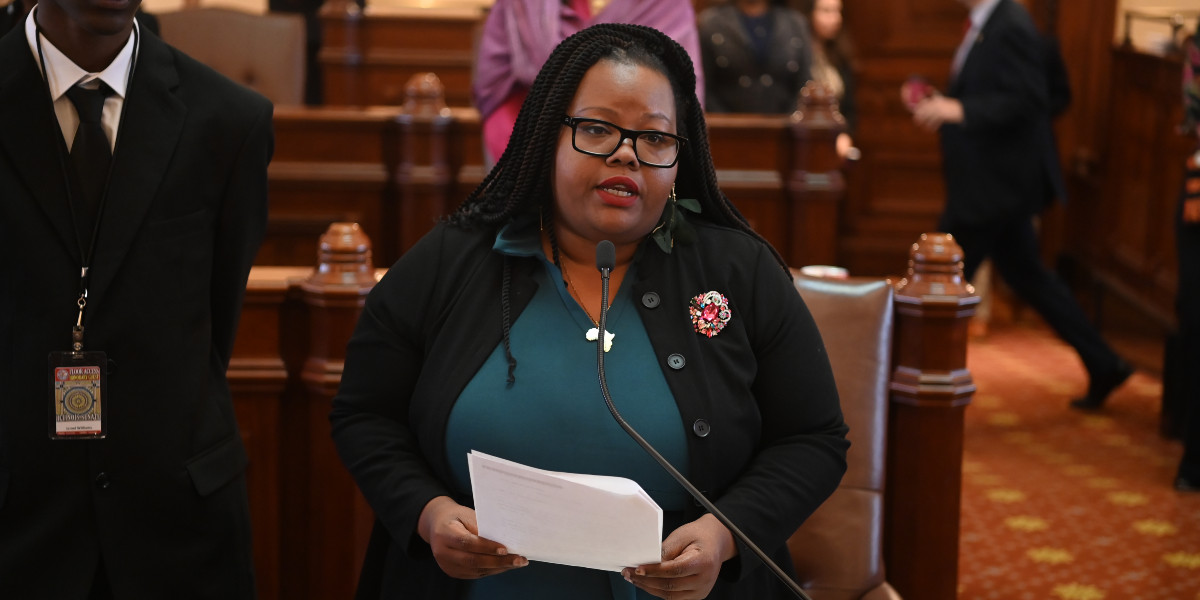

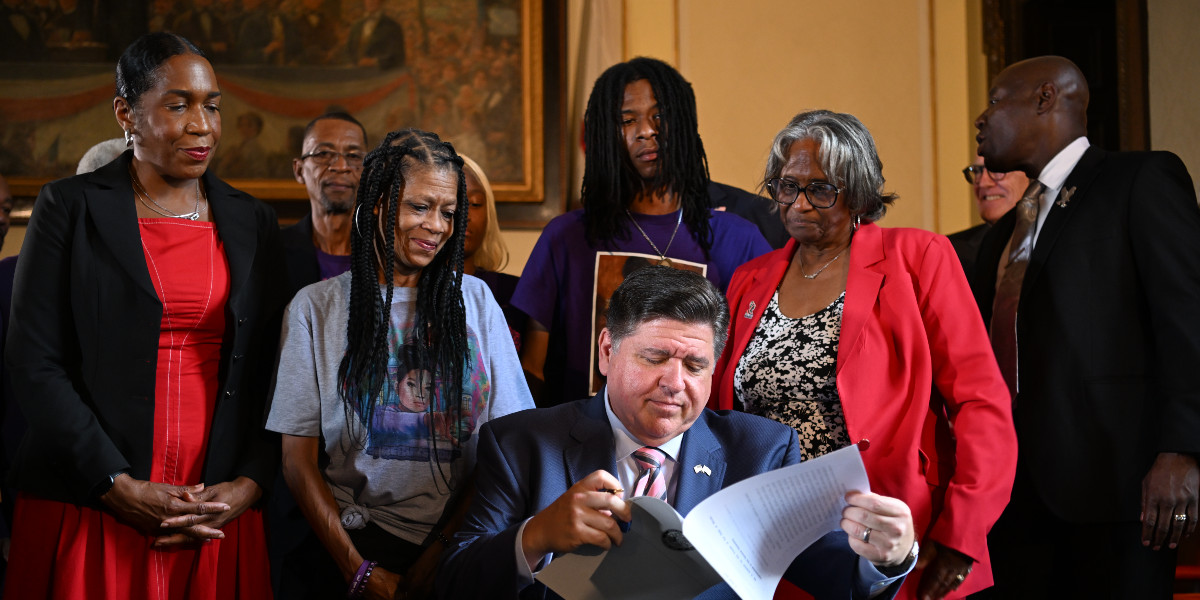

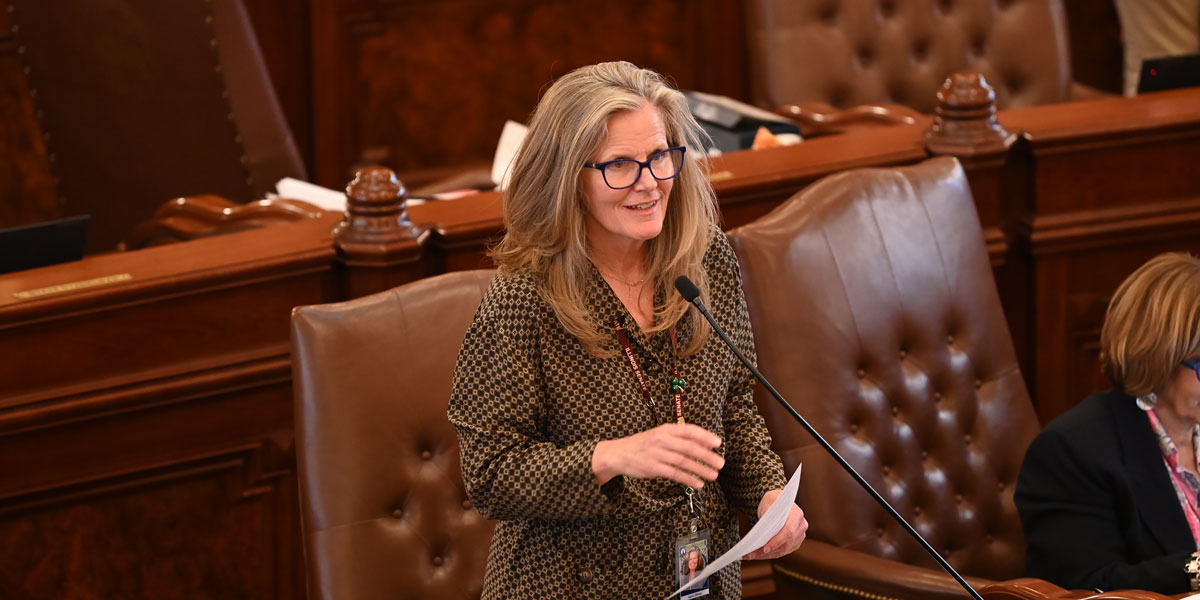
















 © 2025 Illinois Senate Democratic Caucus
© 2025 Illinois Senate Democratic Caucus